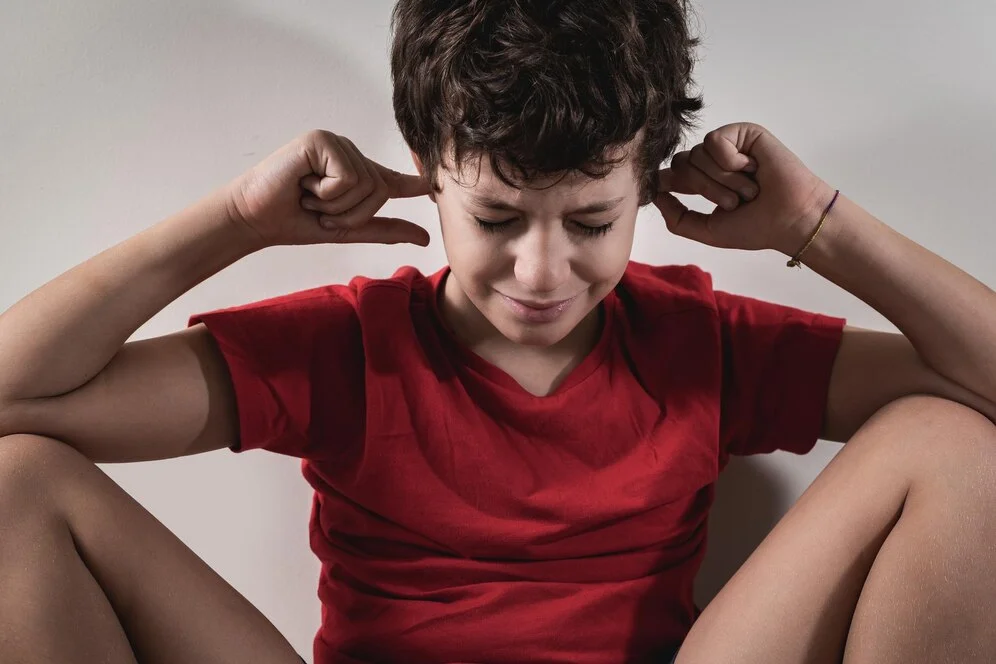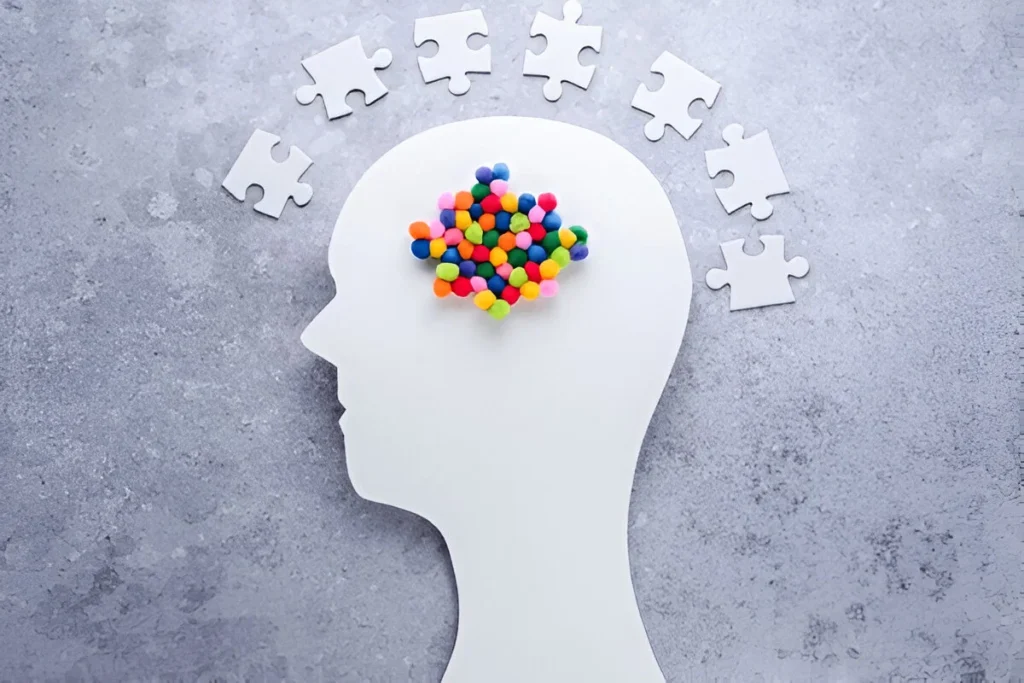-
129, Block-A Bangur Avenue, Mousumi Appartment, Kolkata 700055
129, Block-A Bangur Avenue, Mousumi Appartment, Kolkata 700055

Childhood trauma impact can affect emotions, relationships, and health. Discover how a professional counselor supports individuals in their healing and personal growth.
Childhood is often described as the foundation of a person’s future. The environment, experiences, and emotional nurturing that a child receives during their formative years can shape how they perceive the world as adults. When that foundation is disrupted by trauma—whether through neglect, abuse, loss, or other distressing experiences—the effects can last well into adulthood.

The childhood trauma impact on an individual isn’t just emotional; it can also manifest in behavioral, social, and even physical ways. While some people may develop resilience, others may carry invisible wounds that silently influence their everyday lives.
Adults who experienced trauma as children often struggle with complex emotions. This is because traumatic experiences can interfere with the brain’s natural ability to regulate feelings. Common emotional outcomes include:
These emotional struggles often affect personal relationships, careers, and even physical health.
Healthy relationships are built on trust, empathy, and open communication. However, the childhood trauma impact on adult relationships can make this challenging. Adults with unresolved trauma may:
Such patterns can create cycles where trauma survivors either withdraw from intimacy or cling too tightly to others, leading to imbalance.
One of the lesser-known effects of trauma is its connection to physical health. Studies show that unresolved childhood trauma can increase the risk of:
This happens because trauma activates the body’s stress response repeatedly, leading to long-term wear and tear.
Not all coping strategies are harmful. Some survivors find positive outlets like art, writing, or mindfulness. However, others may adopt unhealthy coping methods such as overworking, overeating, or substance use. These short-term reliefs often deepen emotional struggles rather than resolve them.
Understanding the childhood trauma impact on coping behaviors helps identify which actions are healing and which ones may need professional guidance to change.

Healing from trauma is not about erasing the past but learning to manage its influence on the present. Key steps include:
Recognizing triggers and emotional responses is the first step in breaking negative cycles.
Setting boundaries helps trauma survivors protect themselves emotionally and regain control.
Professional counseling provides tools to process past trauma in a safe environment. Therapists use evidence-based techniques like Cognitive Behavioral Therapy (CBT), Eye Movement Desensitization and Reprocessing (EMDR), and mindfulness-based therapies.
Surrounding oneself with understanding, compassionate people can be healing in itself.
Seeking guidance is often the turning point for many survivors. The Best psychological counselor in Kolkata offers personalized support that blends empathy with evidence-based strategies. With professional help, individuals can:
Professional intervention ensures that recovery is not a lonely journey but a guided process toward self-discovery and healing.

Q1. Can childhood trauma really affect adult mental health?
Yes. Trauma in early years can rewire brain development, making adults more vulnerable to anxiety, depression, and emotional struggles.
Q2. What are common signs that childhood trauma is affecting me today?
Signs include difficulty trusting others, chronic stress, unexplained fears, low self-worth, and challenges in maintaining relationships.
Q3. Can trauma be healed completely?
While the past cannot be erased, its effects can be managed with therapy, self-care, and support systems. Many people go on to live fulfilling, healthy lives.
Q4. Is professional counseling necessary for trauma healing?
In many cases, yes. A trained counselor helps identify root causes and provides coping techniques that are often difficult to develop alone.
Q5. What is the first step to healing from childhood trauma?
Acknowledging that trauma has had an impact is the most important first step. From there, seeking professional help can open doors to long-term recovery.
The childhood trauma impact on adult life is not something that can be ignored, minimized, or brushed aside. It shapes the way people think, feel, and behave—even when they aren’t fully aware of it. But the important truth to remember is that healing is always possible. With awareness, compassion, and the right support, adults can learn to manage these effects, break unhealthy patterns, and build more fulfilling relationships with themselves and others.
Professional guidance can provide a safe space to process unresolved emotions, address underlying fears, and gradually rebuild inner strength. Healing does not happen overnight, but with consistent care and patience, individuals can move beyond their past experiences and write a healthier, happier story for the future.